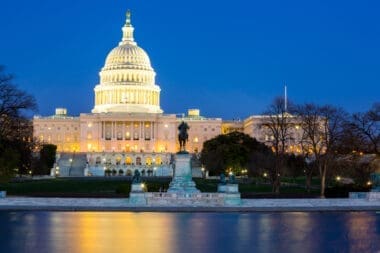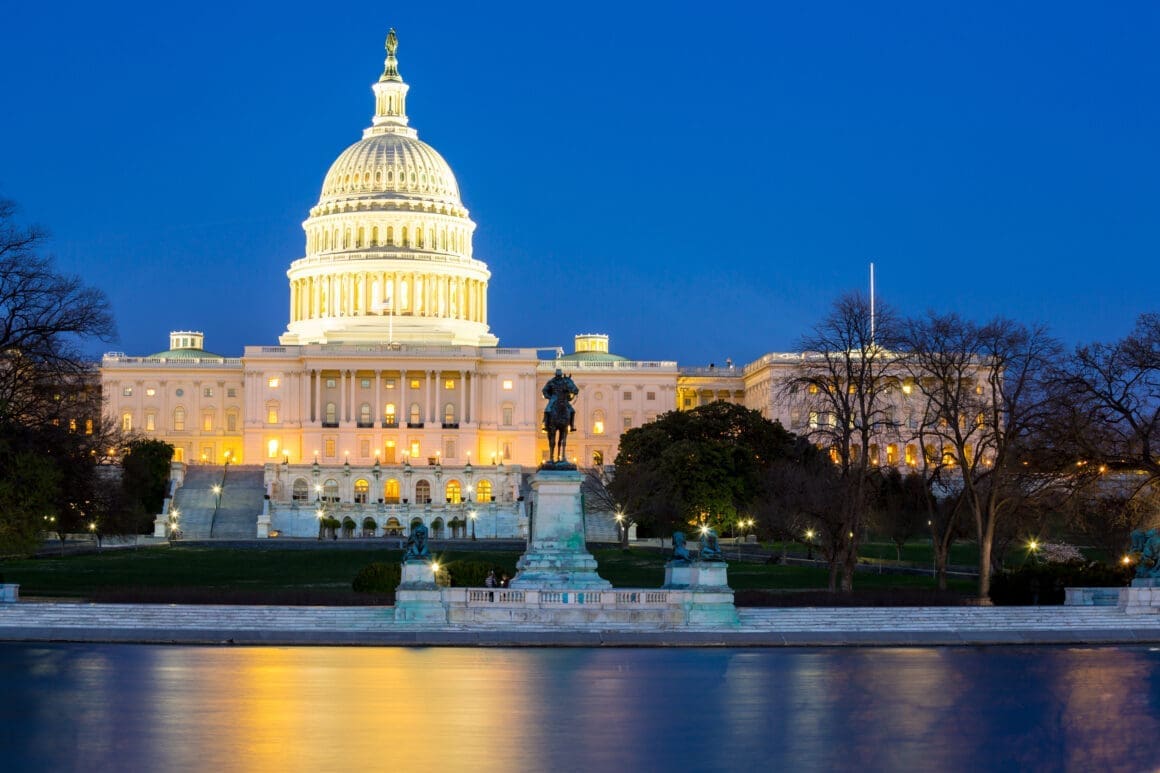Washington, D.C. – The U.S. Congress passed a sweeping tax and spending package on Thursday, delivering a major legislative victory to President Donald Trump and fulfilling a key component of his domestic agenda. Following a tense, party-line vote of 218-214 in the House of Representatives, the landmark bill now heads to the White House, where President Trump is expected to sign it into law on the July 4th national holiday.
The legislation, which was narrowly approved by the Senate earlier in the week, represents a hard-fought achievement for the president, who had set a firm deadline for its passage. Speaking to reporters Thursday evening, President Trump celebrated the outcome, stating the bill would “turn this country into a rocket ship.” He added, “This is going to be a great bill for the country.”
At the heart of the bill are two of President Trump’s signature campaign promises: making his 2017 tax cuts permanent and eliminating taxes on tips, overtime, and Social Security income. The legislation also allocates significant new funding, with approximately $150 billion directed toward border security, immigration enforcement, and new detention centers, and another $150 billion for military expenditures, including President Trump’s proposed “gold dome” missile defense system.
To finance these measures, the bill enacts cuts to federal food benefit programs and healthcare, and rolls back tax breaks for clean energy projects. The Congressional Budget Office, a non-partisan government agency, projects the legislation could increase the federal deficit by $3.3 trillion over the next decade and result in millions of people losing health coverage, a forecast the White House has publicly disputed.
The bill’s passage followed a period of intense negotiation and internal division within the Republican party. Its fate appeared uncertain as recently as Wednesday, with some conservative members voicing strong concerns over its potential impact on the national debt. The deadlock prompted a late-night message from President Trump on social media, in which he questioned his party’s delay. “What are the Republicans waiting for??? … MAGA IS NOT HAPPY, AND IT’S COSTING YOU VOTES!!!” he wrote.
House Speaker Mike Johnson acknowledged the difficulty in uniting his party’s various factions. After the vote, he told reporters that “belief” was crucial in securing support. One notable reversal came from Texas Representative Chip Roy, who had called the Senate version a “travesty” but ultimately voted in favor of the final bill. Only two Republicans, Thomas Massie and Brian Fitzpatrick, voted against the legislation.
Democrats mounted a unified and fierce opposition. In an effort to delay the final vote, House Minority Leader Hakeem Jeffries delivered the longest speech in the chamber’s history, holding the floor for eight hours and 45 minutes. He used the time to condemn the bill’s effects on working-class and lower-income Americans.
Other prominent Democrats echoed his criticism. Former Speaker Nancy Pelosi of California described the bill’s passage as ushering in “a dark and harrowing time” and called the legislation a “dangerous checklist of extreme Republican priorities.” Representative Deborah Ross of North Carolina stated, “Shame on those who voted to hurt so many in the service of so few.”














